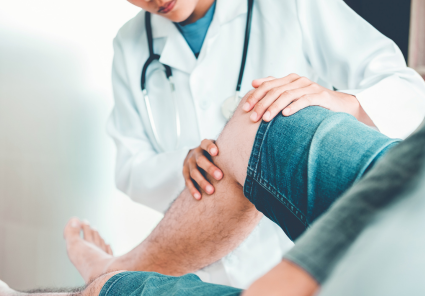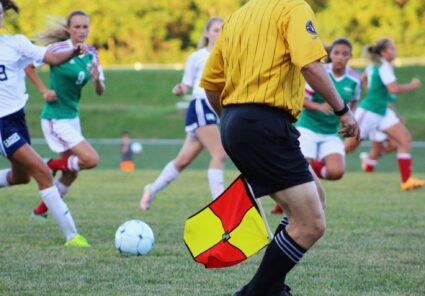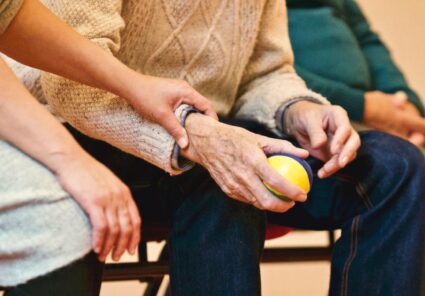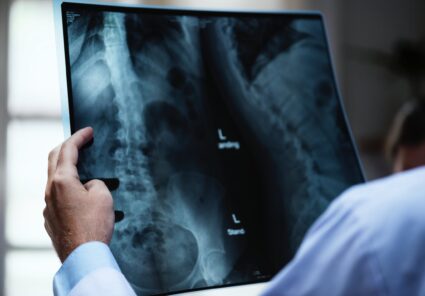
Individualized decision aid for patients considering total knee replacement surgery
Aug 04, 2023This project aims to provide patients with a tool to support shared decision making, improve the quality of patients’ decisions and enhance quality of care for patients considering total knee replacement surgery.
Read More
Does osteoarthritis affect brain activities?
Apr 26, 2023There is little research on the link between osteoarthritis (OA) and brain activities, including memory. This study will focus on females, as both OA and dementia are more common in females compared with males. The goal of this research is to determine if self-reported memory problems are more (or less) common in females with OA compared to females without OA.
Read More
OPTIKNEE Group: working in preventing ostearthritis after knee injury
Nov 15, 2022OPTIKNEE is an international group of over 40 scientists, patients and health care professionals working on the prevention of knee osteoarthritis after injury.
Read More
Expanding and improving musculoskeletal (MSK) rehabilitation research through a coordinated Canada-wide network
Nov 16, 2020The Canadian MSK Rehab Research Network will be designing new tools, such as online treatment programs and wearable technology (e.g., devices that measure physical activity) to create new therapy opportunities for musculoskeletal (MSK) problems like arthritis and osteoarthritis.
Read More
Stop OsteoARthritis (SOAR)
Nov 27, 2019In Canada, about 500,000 youth hurt their knee every year while playing sports. Half of them go on to develop knee osteoarthritis (OA) at a young age. Following a knee injury, people may have weaker knee muscles, become less physically active, and gain weight. The injury, in combination with these other factors greatly raises OA risk. The treatment of youth…
Read More
Including preferences of patients with osteoarthritis into policy interventions
Nov 27, 2019Osteoarthritis (OA) is a chronic disease affecting 10-15% of Canada's population. It causes severe pain and disability, and is the leading cause of joint replacement surgery. Healthcare service planning does not currently consider patient preferences and their impact on health interventions. This could lead to the introduction of programs that patients do not use, which is a waste of system…
Read More
A super-app to self-diagnose and manage knee osteoarthritis
Mar 15, 2019Studies show that most people with knee osteoarthritis (OA) aren’t diagnosed early enough, or at all. This study combines three current apps (Arthritis ID, OPEN, and FitViz) into one super-app for detecting knee OA to improve knee health.
Read More
Evaluating hip osteoarthritis progression
Feb 06, 2019A condition called femoroacetabular impingement (FAI) may cause hip osteoarthritis (OA), one of the most common forms of arthritis. This study will determine whether people with FAI are at a greater risk of developing OA, especially when combined with different types of physical activity.
Read More
Is it safe to run if you have knee osteoarthritis?
Jan 03, 2018Running is an activity that provides health benefits, but many people with knee osteoarthritis (OA) stop running because they are unsure if it is safe. This study will evaluate the effects of running on the knee joint and knee cartilage and provide answers about the safety of running after a knee OA diagnosis.
Read More
Advancing technology to improve health care decision-making
Oct 13, 2009Computer simulation modeling is a technique that sees how health care interventions and policies will affect the population, before they are implemented. The STAR project aims to advance this technology and expand its use in health care policies and research, with a multi-disease computer simulation model (osteoarthritis, coronary heart disease, and diabetes) to study the health of the population.
Read More

















































